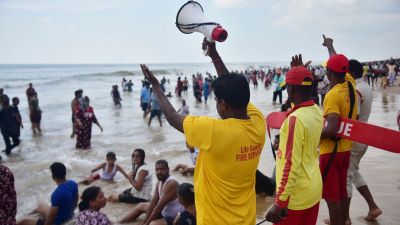Want car or home loan? You’ve to clear the terror list
Private businesses such as rental and mortgage companies and car dealers are checking the names of customers against a list of suspected terrorists and drug traffickers made publicly available by the Treasury Department.

Private businesses such as rental and mortgage companies and car dealers are checking the names of customers against a list of suspected terrorists and drug traffickers made publicly available by the Treasury Department. They sometimes even deny services to ordinary people whose names are similar to those on the list.
The Office of Foreign Asset Control’s list of “specially designated nationals” has long been used by banks and financial institutions to block financial transactions of criminals. But an order issued by President Bush after 9/11 has expanded the list and its consequences in unforseen ways. Businesses have used it to screen applicants for home and car loans, apartments and even exercise equipment, according to interviews and a report by the Lawyers’ Committee for Civil Rights of the San Francisco Bay area which was to be issued on Tuesday.
The lawyers’ committee has documented at least a dozen cases in which US customers have had transactions denied or delayed because their names were a partial match with a name on the list, which runs more than 250 pages and includes 3,300 groups and individuals. No more than a handful of people on the list, available online, are US citizens. Yet anyone who does business with a person or group on the list risks penalties of up to $10 million and 10 to 30 years in prison, a powerful incentive for businesses to comply.
“The law is ridiculous,” said Tom Hudson, a lawyer, who advises car dealers to use the list to avoid penalties. “The local deli, if it sells a sandwich to someone whose name appears on the list, has violated the law.”
–Ellen Nakashima





- 01
- 02
- 03
- 04
- 05


























